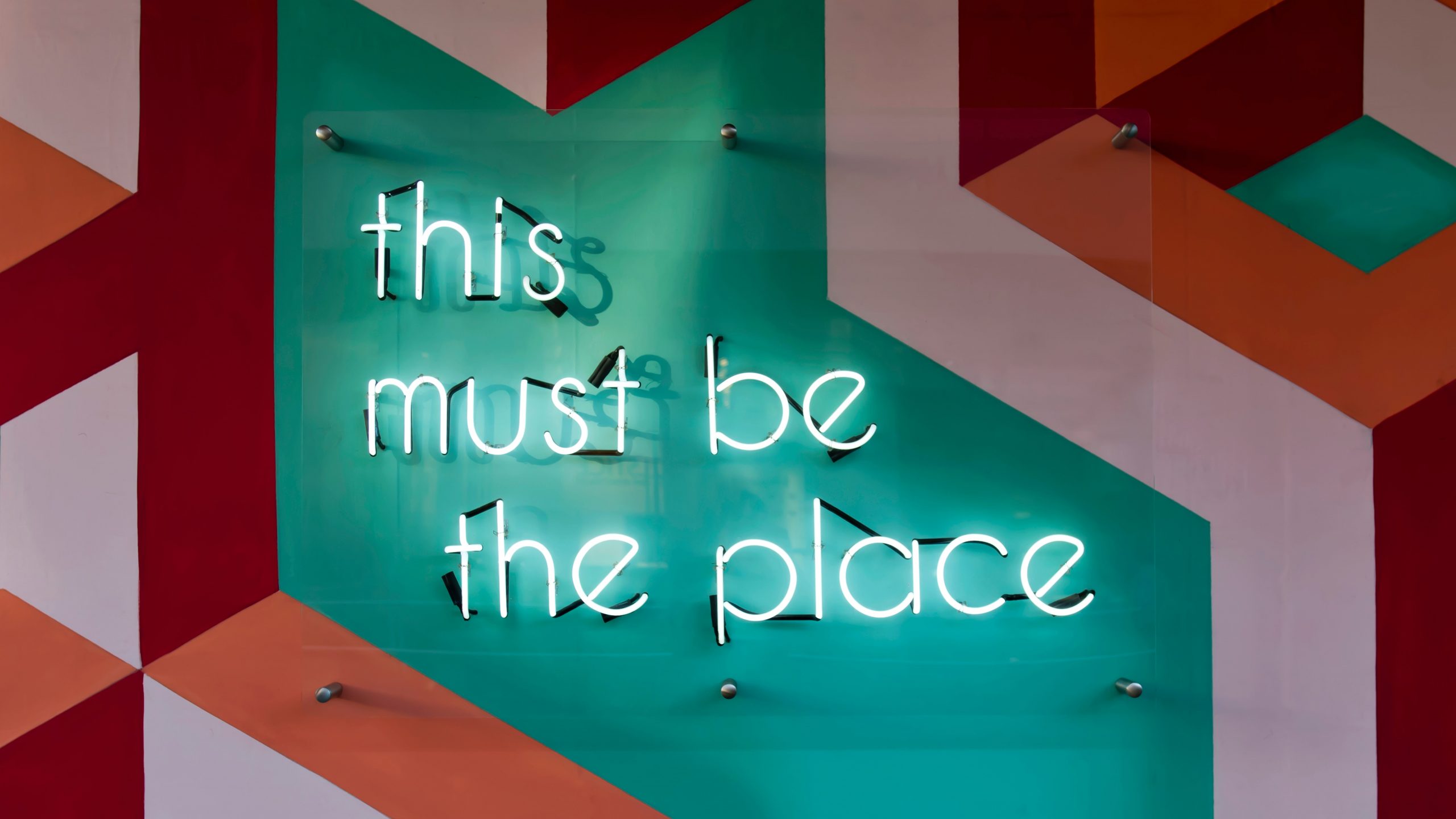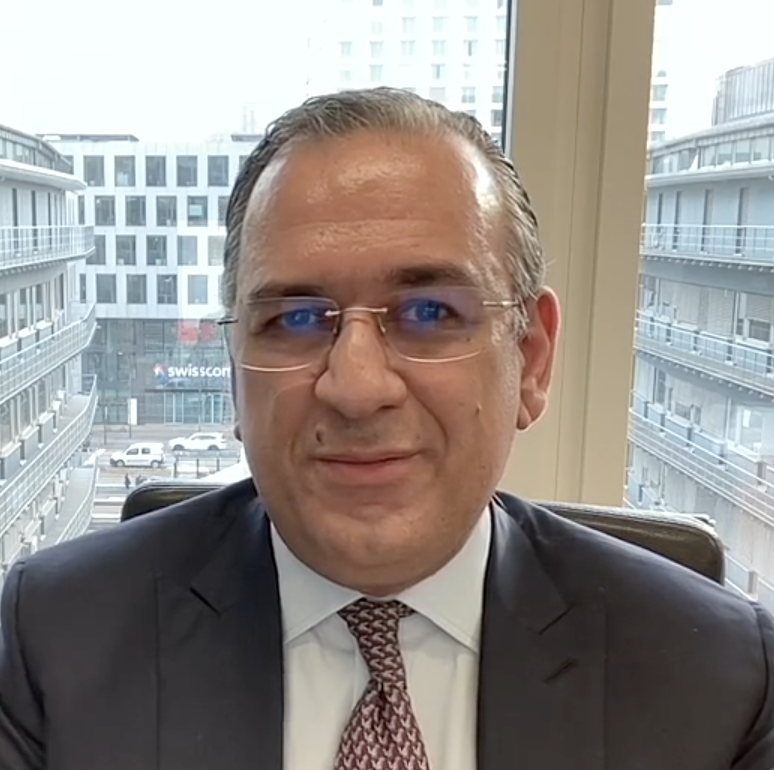Digital business professionals face a rapidly evolving, high-pressure environment—remaining competitive, managing risk, and driving innovation requires tackling technological, market, and organisational challenges each day. The MSc Digital Business at Robert Kennedy College equips students with tools and strategies aligned with key industry issues, and modules specifically crafted to help modern professionals overcome the obstacles that define digital transformation.

Common Challenges in Digital Business
Rapid technological change and disruptive innovation require constant vigilance. Professionals must quickly adapt to new digital tools and platforms, managing legacy systems, fragmented tech ecosystems, and pressure for agility—all while meeting increasingly high standards for security, compliance, and user experience. Key challenges include:
- Siloed strategies and weak cross-department alignment, hindering collective progress.
- Resistance to change within corporate culture causes transformation to be slow and difficult.
- Cybersecurity threats and data privacy regulations (such as GDPR), which demand continuous vigilance and investment.
- Fierce competition and price wars, driving companies to innovate without compromising profitability.
- Difficulty in measuring and optimising digital adoption and performance due to inconsistent KPIs and limited visibility.
- High implementation costs for advanced technologies, which must provide measurable business value.
The MSc Approach
The MSc Digital Business at Robert Kennedy College directly addresses these challenges through four specialised modules, each focusing on different aspects of digital leadership and operational excellence.
Digital Business and Entrepreneurship
This module develops the skills necessary for navigating new and disruptive business models—empowering professionals to utilise emerging technologies, critique market trends, and develop innovative strategies that provide a competitive edge. Participants gain understanding of entrepreneurship, mastering how to:
- Analyse and implement digital business models that withstand fragmentation and adjust to disruption.
- Respond to technological change with well-informed decisions regarding platform integration, service design, and digital transformation routes.
- Cultivate a forward-thinking, innovation-led culture to overcome resistance and promote change across the organisation.
Search and Social Media Marketing

With digital communication more vital than ever, this module develops the expertise needed to reach and engage the target audience, optimise online strategies, and measure impact—in turn overcoming inconsistent KPIs and transparency issues.
- Develop proficiency in SEO, SEM, and social media analytics, ensuring visibility and feedback loops across channels.
- Utilise metrics-driven frameworks to assess performance and guide strategic marketing choices.
- Use practical case studies and group activities to understand evolving user behaviour and adapt marketing in real time.
Information Systems and Digital Transformation
Effective digital transformation demands strategic and holistic thinking about how systems link people, process, and technology.
- Understand the roles and risks within information systems, security, and digital integration—ensuring compliance and resilience against cyber threats and regulatory requirements.
- Plan transformation projects that align with both business goals and technological realities, reducing implementation friction and costs.
- Develop a critical perspective on digital adoption by linking user activity, feedback, and analytics with meaningful KPIs.
Project Management, Leadership and Skills, Planning and Control
Managing large-scale digital projects requires expert leadership, teamwork, and supervision.
- Master project management tools and techniques for effective planning, teamwork, and strategic leadership.
- Develop the skills necessary to manage change initiatives, negotiate resistance, and coordinate cross-departmental alignment—a must for breaking down corporate silos.
- Learn to balance vision with operational control, ensuring that projects meet deadlines, budgets, and stakeholder expectations.
Real-World Application: Research and Experiential Learning
A key feature of the MSc Digital Business is its focus on real-world case studies and practical assignments rather than traditional exams. Students critically engage with current digital business scenarios, gaining experience that equips them to face workplace challenges directly.
The programme concludes with a substantial dissertation project, allowing students to research, analyse, and propose solutions to organisational challenges—further sharpening problem-solving skills directly related to digital business leadership.
Outcomes and Benefits for Digital Business Professionals

By mastering these areas, graduates achieve:
- Enhanced analytical, planning, and communication skills adapted to contemporary digital environments.
- A robust toolkit for fostering digital transformation, innovation, and business expansion in competitive global markets.
- Internationally recognised credentials, positioning them for senior roles in strategy, marketing, project management, or entrepreneurship.
- Confidence in navigating regulatory, technical, and organisational complexities, turning challenges into opportunities for success.
Digital challenges are complex and constantly changing, but with the MSc Digital Business from Robert Kennedy College, professionals gain knowledge and practical experience in key areas—empowering them to succeed, lead change, and seize opportunities in the digital economy. Each module is carefully designed to tackle real-world issues, making the programme a reliable path for those committed to building resilient, innovative careers in digital business.
If this programme isn’t suitable for you, explore the other 100% online Degree Programmes at Robert Kennedy College. Unleash your ambition for growth, innovation, and global business success. For more information on the right programme for you, chat live with our team of Education Advisers on WhatsApp.







































